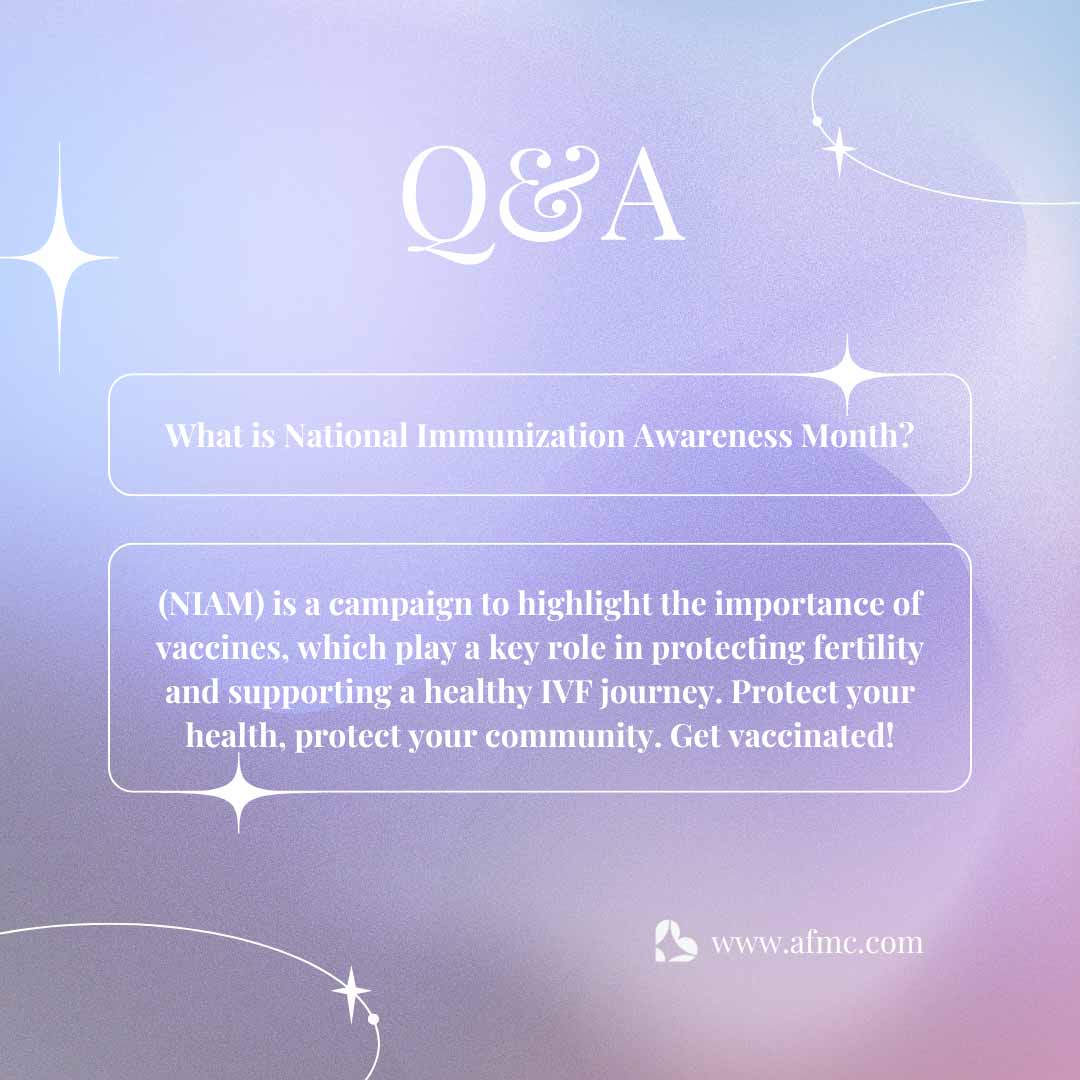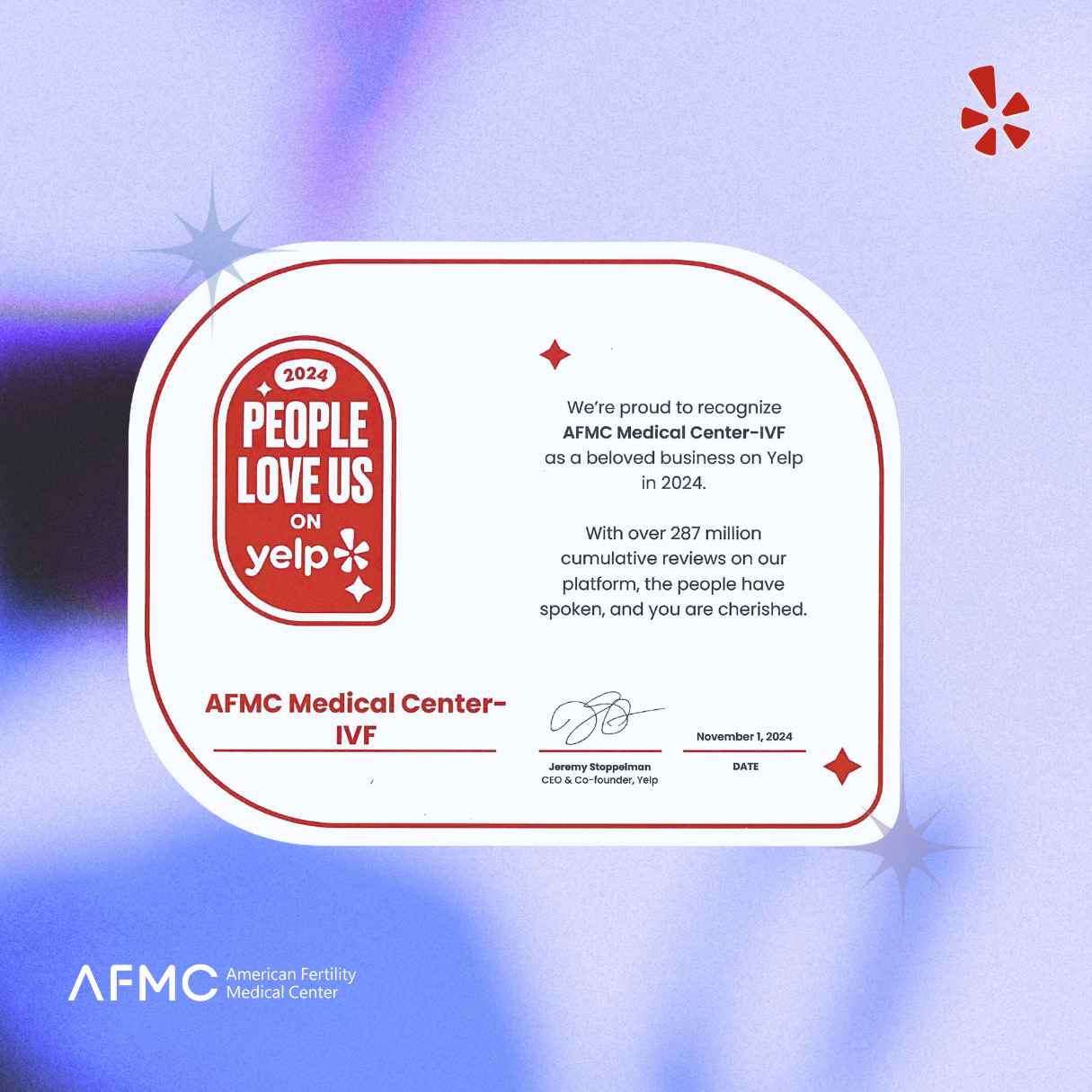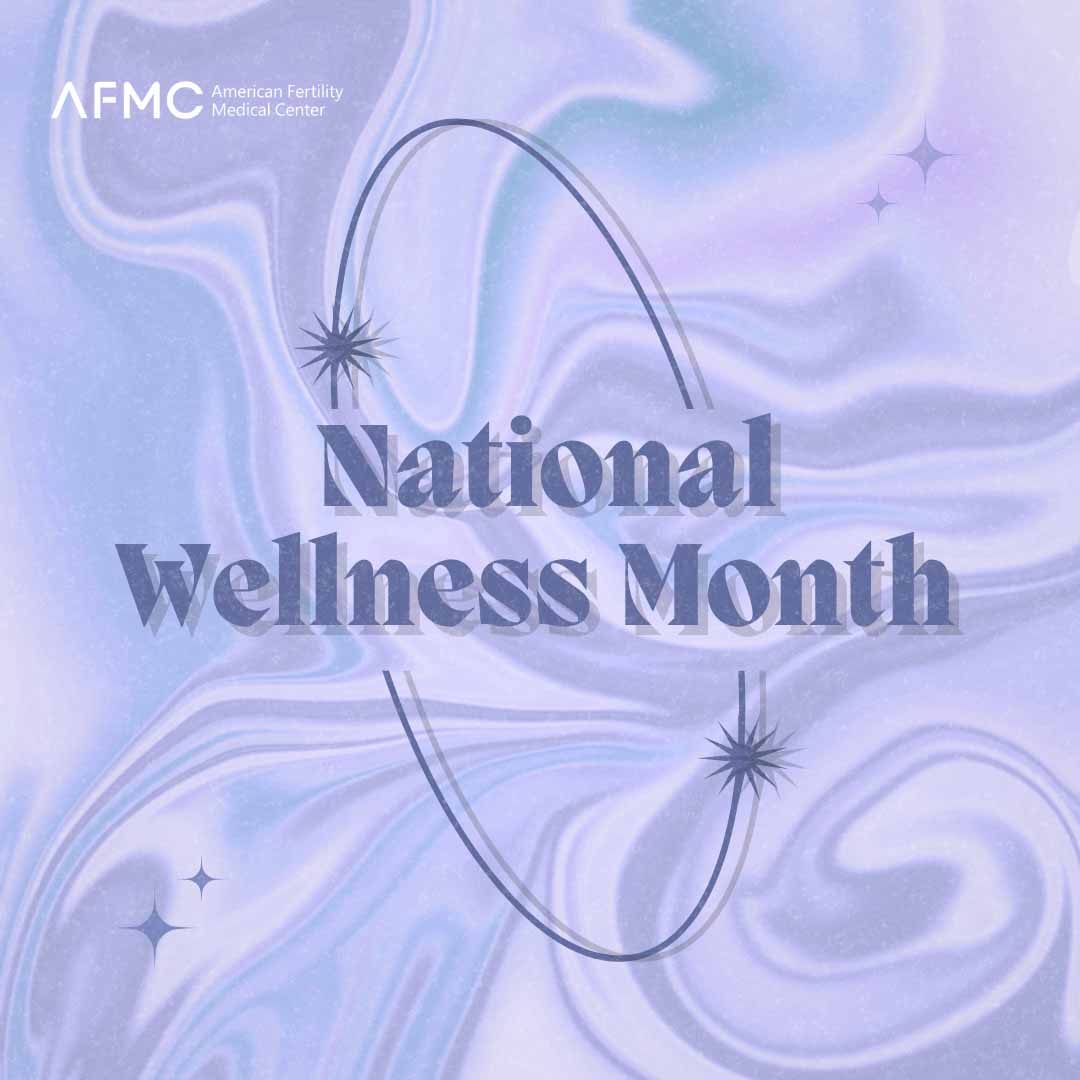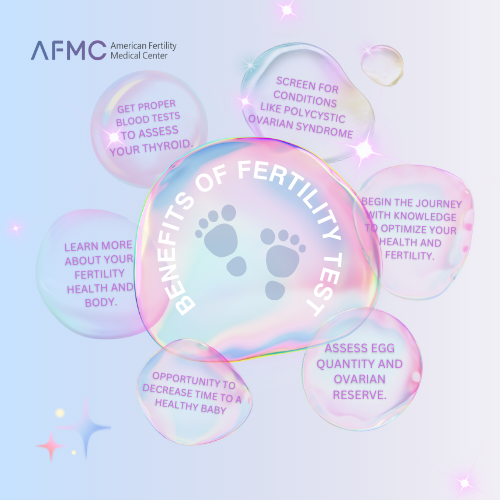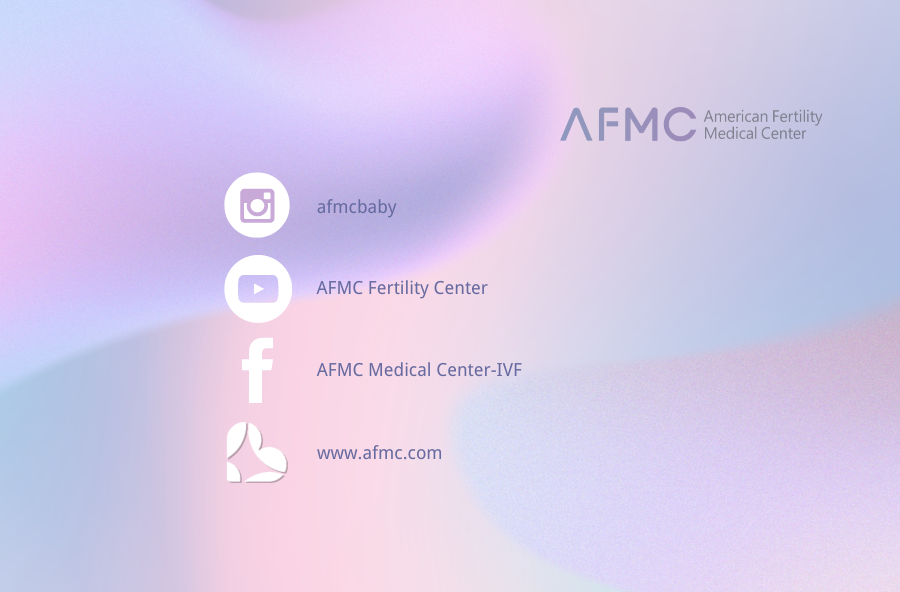National Immunization Awareness Month: Protecting Health for Future Families
August is National Immunization Awareness Month (NIAM), a time to highlight vaccines’ vital role in protecting health at every stage of life, including those planning or undergoing fertility treatments like IVF (In Vitro Fertilization). Vaccines are not only essential for personal health but also crucial for ensuring a healthy pregnancy and safeguarding future generations.
Why Are Vaccines Important in IVF and Fertility?
For couples undergoing IVF or struggling with infertility, maintaining optimal health is essential, and vaccines are a vital part of that process. Certain vaccine-preventable diseases can negatively impact fertility or pose serious risks during pregnancy. Ensuring that both partners are up-to-date on their immunizations can help create a safe environment for conception and protect your future child from preventable diseases.
Vaccines and Preconception Health
When planning for pregnancy, primarily through fertility treatments like IVF, preconception health is a critical factor. This includes being up-to-date on vaccines that protect against diseases like rubella, chickenpox, and influenza, which can lead to severe complications during pregnancy if contracted.
For example:
– Rubella (German measles) can cause miscarriage or congenital disabilities if contracted during pregnancy. Ensuring you are vaccinated before beginning IVF treatment is crucial for protecting your baby.
– Influenza vaccination is essential during pregnancy. Contracting the flu while pregnant can lead to complications such as preterm labor, and the vaccine helps protect both the mother and the developing baby.
Vaccines for Expecting Mothers Undergoing IVF
Women undergoing IVF are encouraged to consult with their healthcare providers to ensure they are current on all necessary immunizations before and during pregnancy. Some vaccines, such as the flu vaccine and the Tdap (tetanus, diphtheria, and pertussis) vaccine, are recommended during pregnancy to protect both mother and baby from potentially life-threatening infections.
Protecting the Future with Immunization
When planning for a family, whether through IVF or other fertility treatments, it’s not just the prospective parents who benefit from vaccinations—it’s also the future child. Vaccines create a protective barrier, ensuring that your baby is born into a healthy environment, free from preventable diseases.
The Role of Herd Immunity in IVF Clinics
Herd immunity, which occurs when a high percentage of the population is vaccinated, is critical in settings like IVF clinics where individuals may have varying immune statuses. Maintaining a solid vaccination program helps reduce the risk of outbreaks of diseases that could potentially impact fertility or pregnancy outcomes.
Final Thoughts
As National Immunization Awareness Month emphasizes, vaccines are fundamental to lifelong health. For individuals navigating the IVF process or dealing with infertility, ensuring you are up-to-date with your immunizations can help create the healthiest possible environment for conception, pregnancy, and your future family. This August, consult your healthcare provider about your vaccination status and ensure you’re ready for your fertility journey.
Your path to parenthood starts with protecting your health today.
